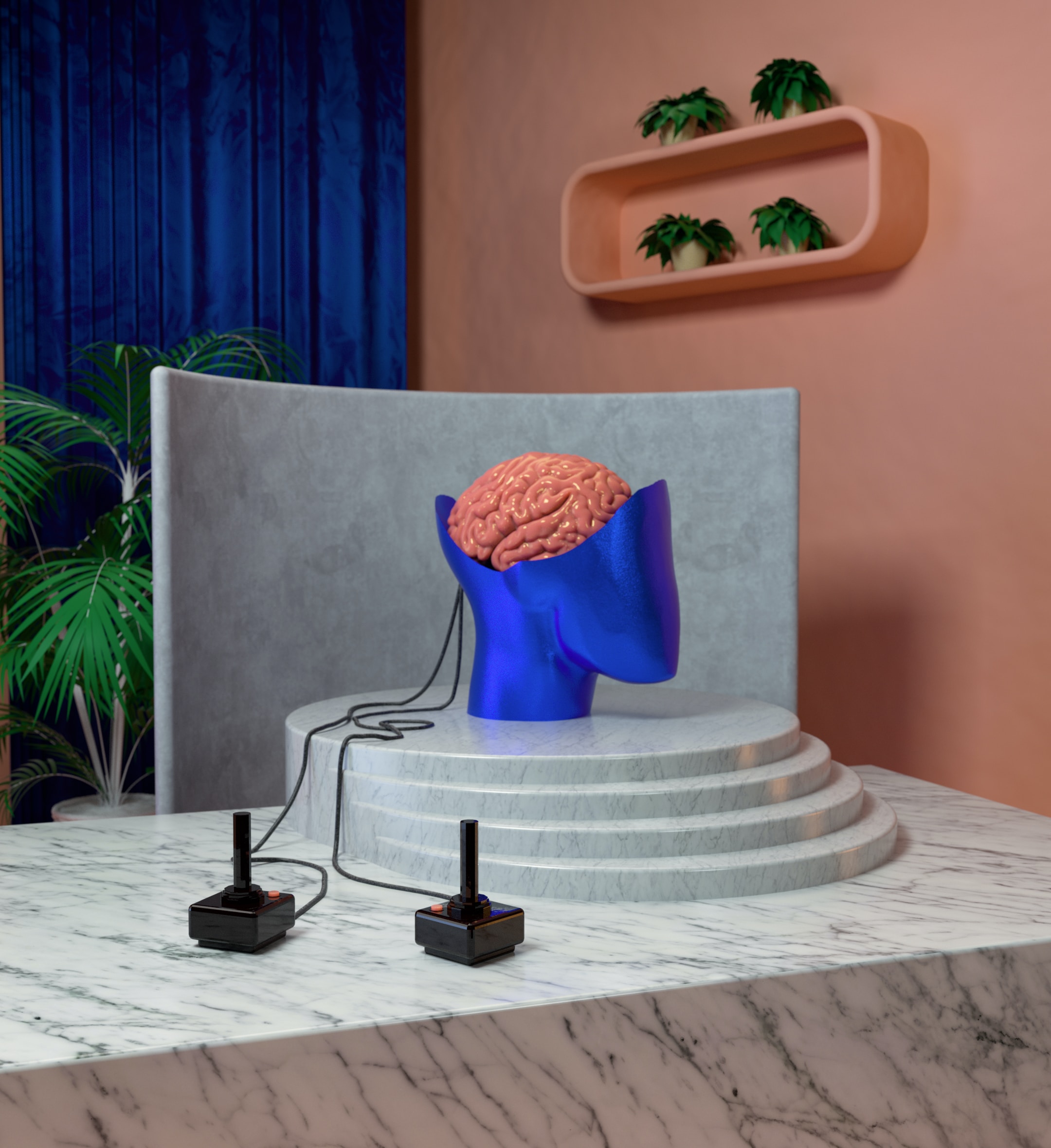Health literacy is becoming more important than ever in our modern society. With the abundance of information available at our fingertips, it’s crucial that we can decipher what is accurate and valuable when it comes to our health. And this is where science education plays a vital role. The ability to understand and apply scientific concepts not only helps us make informed decisions about our health but also empowers us with knowledge that can improve our overall wellbeing. In this blog post, we’ll explore why science education is essential for developing health literacy skills and how educators can help their students navigate through the complexities of health information.
What is health literacy?
Health literacy is the ability to obtain, understand and use health information to make informed decisions about one’s health. It involves not just reading and comprehending medical jargon but also interpreting it in a way that can be applied to day-to-day life.
Being health literate means having the capacity to communicate effectively with healthcare professionals, follow medication instructions correctly, and recognize warning signs of illness or disease. It also entails being able to navigate through different sources of information available on various platforms such as social media, websites, etc., critically evaluate them for accuracy and reliability.
Health literacy is essential because it empowers individuals with knowledge that allows them to take control of their own well-being. By understanding how our bodies work and what we can do to maintain good health, we are better equipped to prevent diseases rather than merely treating symptoms after they occur.
Achieving a high level of health literacy is critical in today’s society where misinformation runs rife; it enables us all to become more empowered when making choices that affect our physical and mental wellbeing.
Why is science education important in developing health literacy skills?
Science education is crucial in developing health literacy skills because it provides students with the foundational knowledge and critical thinking skills necessary to understand and analyze health-related information. By learning about biology, chemistry, physics, and other scientific disciplines, students can better comprehend the complex concepts involved in healthcare.
Furthermore, science education helps students develop their analytical abilities by teaching them how to conduct experiments, evaluate evidence, and draw conclusions based on empirical data. These skills are essential for interpreting medical research studies or making informed decisions about personal health care choices.
Moreover, science education promotes an understanding of the importance of evidence-based medicine. It teaches individuals how to distinguish between credible sources of information from misleading ones that may be promoting pseudoscientific claims.
Incorporating science education into curriculums is a powerful tool for improving public health by helping people become more knowledgeable consumers of healthcare information while also encouraging lifelong learning in this field.
How can science educators help develop health literacy skills in their students?
Science educators play a crucial role in developing health literacy skills in their students. To do so, they can incorporate various teaching strategies that promote critical thinking and scientific inquiry.
Firstly, science educators can use real-world examples to teach health concepts. Students learn better when they can relate what they are learning to everyday life situations. For instance, using news articles or case studies to illustrate how scientific knowledge impacts health decisions helps students understand the relevance of science education.
Secondly, educators should encourage their students to ask questions and seek answers through research. This approach develops the student’s ability to analyze information critically and make informed decisions about their own health. Moreover, creating opportunities for group discussions allows students to share ideas and learn from each other.
Thirdly, teachers can also develop activities where learners practice communication skills by presenting findings on a particular topic related to health conditions or disease prevention methods. This exercise improves students’ ability not only at communicating but also identifying gaps in understanding essential medical terms used in public health reports or guidelines.
In summary, incorporating real-life examples into lesson plans while encouraging dialogue among learners is an effective way of promoting good Health Literacy practices among young people today.
Conclusion
Science education plays an essential role in developing health literacy skills. By providing students with the tools and knowledge to understand scientific concepts and research, educators can empower them to make informed decisions about their own health and wellness.
It is crucial that science educators recognize the value of teaching health literacy skills alongside traditional scientific topics. By incorporating real-world examples and encouraging critical thinking about health information, they can help prepare their students for a lifetime of informed decision-making.
Ultimately, fostering strong health literacy skills through science education benefits not only individuals but also society as a whole. With healthier, more knowledgeable citizens making smarter choices about their healthcare, we can work towards building a stronger and more resilient community.




